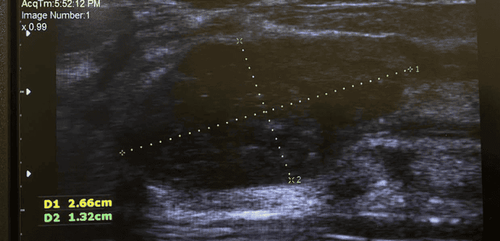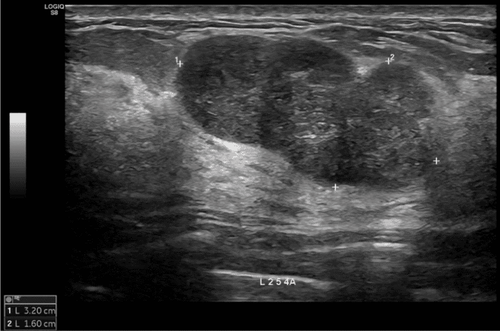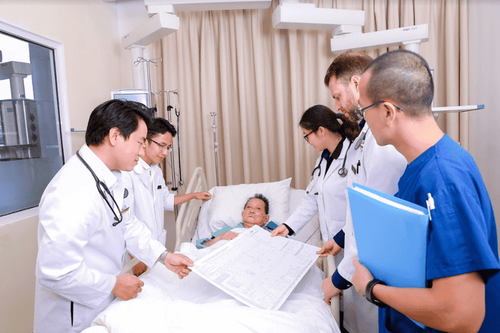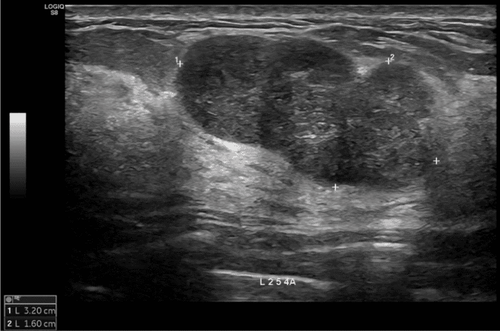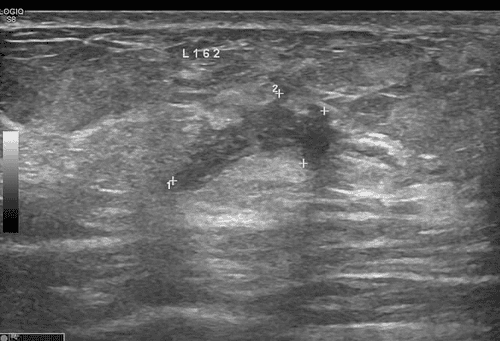Nguyen Thanh Liem 1, Vu Duy Chinh 2, Nguyen Thi Thinh 3, Ngo Duy Minh 3, Hoang Minh Duc 1.
- Vinmec Stem Cell and Gene Technology Research Institute, Hanoi, Vietnam
- High-tech Center for Autism and Cerebral Palsy Treatment, Vinmec Times City International General Hospital, Hanoi, Vietnam
- Department of Pediatrics, Vinmec Times City International General Hospital, Hanoi, Vietnam
Corresponding author: Nguyen Thanh Liem
Journal: American Journal of Case Reports 2018; 19:1010-1018
Published on: 2018-08-25
Link: https://www.amjcaserep.com/abstract/index/idArt/909801
Patients: 1 male patient (14 years old) and 1 female patient (11 years old).
Results after treatment: improved bowel and bladder function after bone marrow mononuclear stem cell transplantation.
Diagnosis: Bowel and bladder dysfunction in patients with spina bifida.
Treatment method: autologous bone marrow mononuclear stem cell transplantation.
Background: Bowel and bladder dysfunction occurs in 42.2% to 71.2% of children with spina bifida. Traditional treatments have limited effectiveness. This report aims to demonstrate improved continence in two children with spina bifida after autologous bone marrow mononuclear stem cell transplantation.
Results: Two children—14 and 11 years old—diagnosed with spina bifida who underwent myelomeningocele repair surgery received bone marrow mononuclear stem cell transplantation without complications or side effects. These two patients maintained normal continence at 16 and 21 months after stem cell transplantation.
Conclusions: Bone marrow mononuclear stem cell transplantation can improve continence, as demonstrated in two patients with spina bifida.
Keywords: adult stem cells, bone marrow transplantation, spina bifida occulta.
